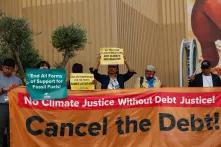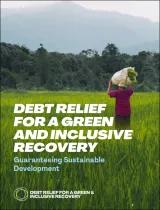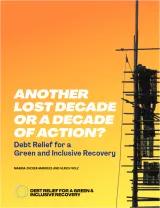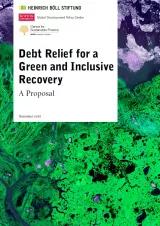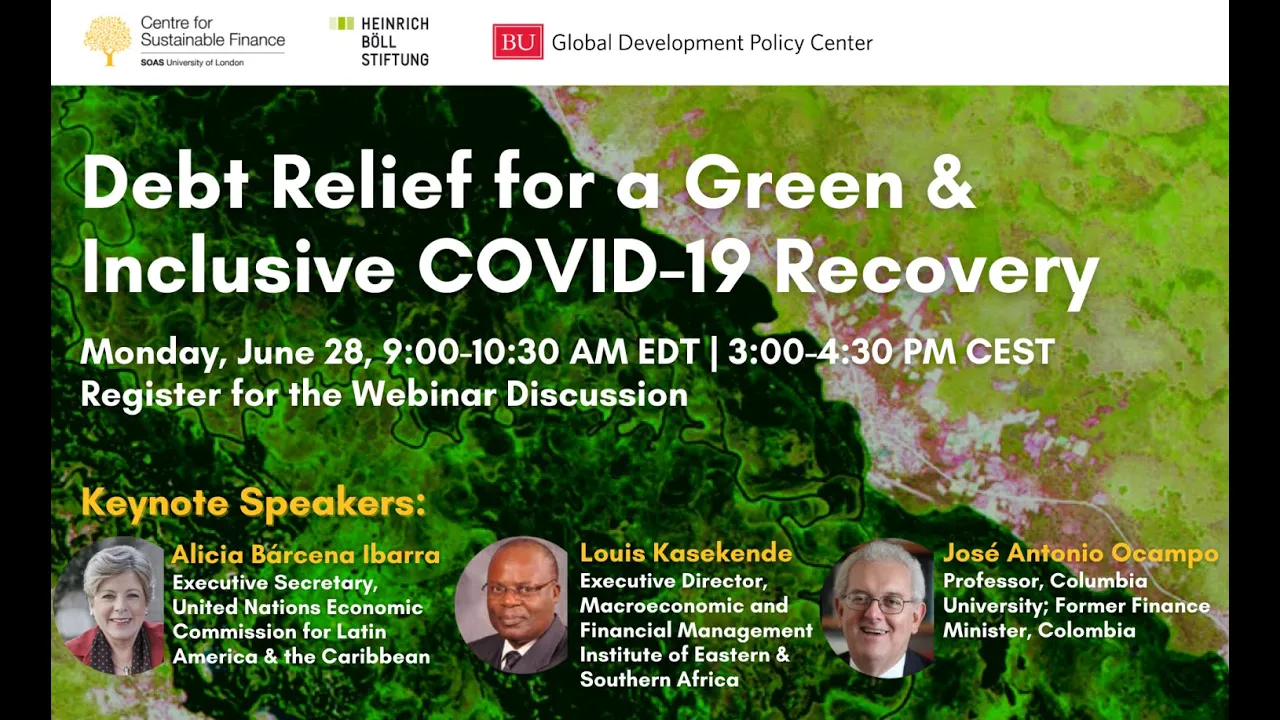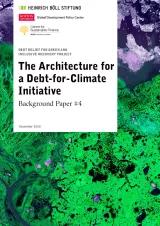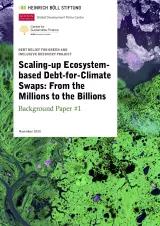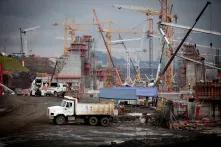Debt Relief for Green and Inclusive Recovery
At precisely the moment when substantial investment is needed to meet shared climate and development goals, a debt crisis is emerging in the Global South. However, existing debt relief initiatives are limited, both in the types of creditors brought to the table and the amount of debt relief on offer.
The Debt Relief for Green and Inclusive Recovery (DRGR) project, a collaboration between the Boston University Global Development Policy Center, Heinrich-Böll-Stiftung and the Centre for Sustainable Finance, SOAS University of London, argues it is time for comprehensive debt reform. Utilizing rigorous research, DRGR seeks to develop systemic approaches to both resolve the debt crisis and advance a just transition to a sustainable, low-carbon economy in partnership with policymakers, thought leaders and civil society from around the world.
For more information, please visit our website www.drgr.org
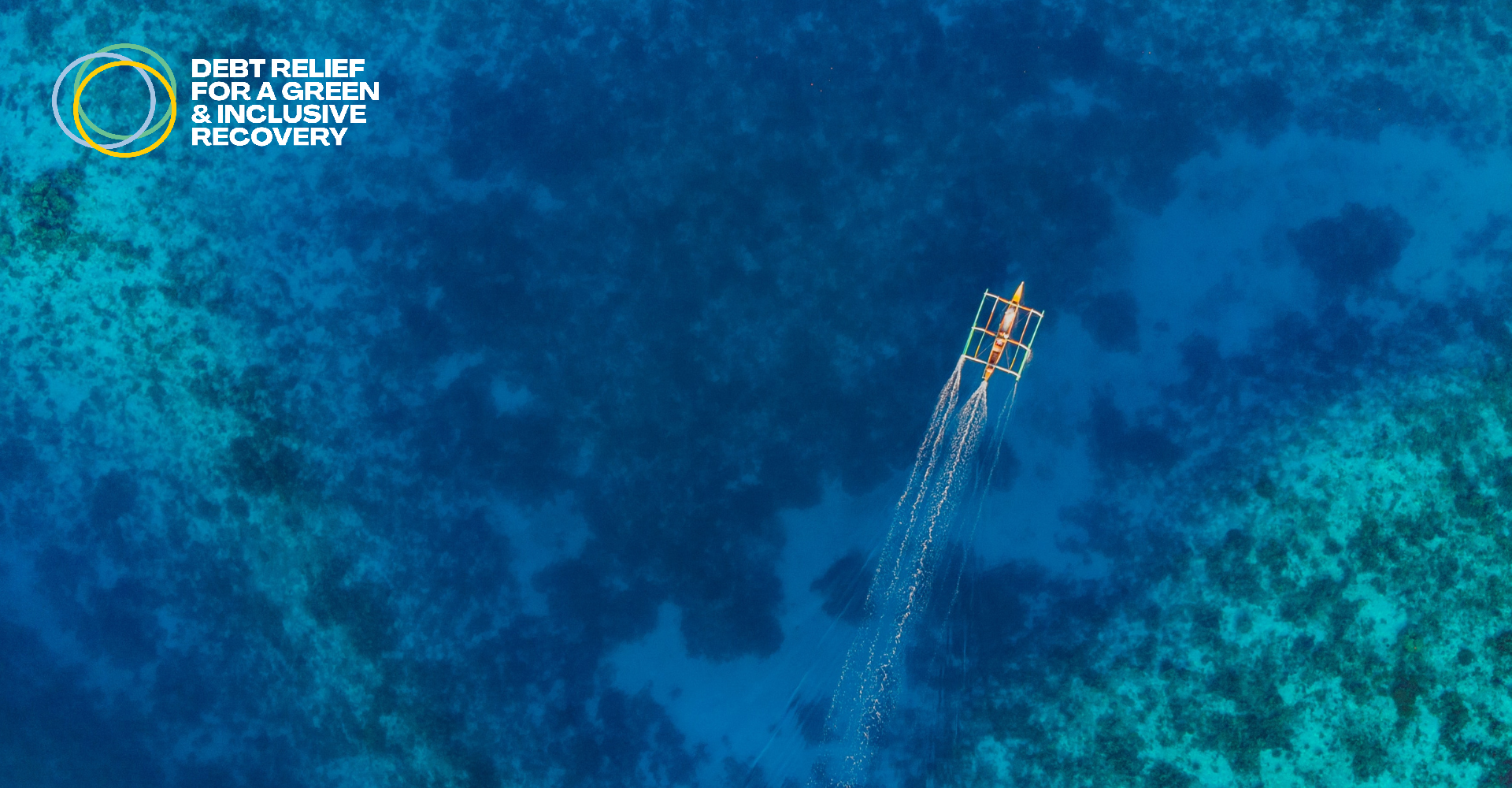
Guaranteeing Sustainable Development: Debt Relief for a Green and Inclusive Recovery - Heinrich-Böll-Stiftung
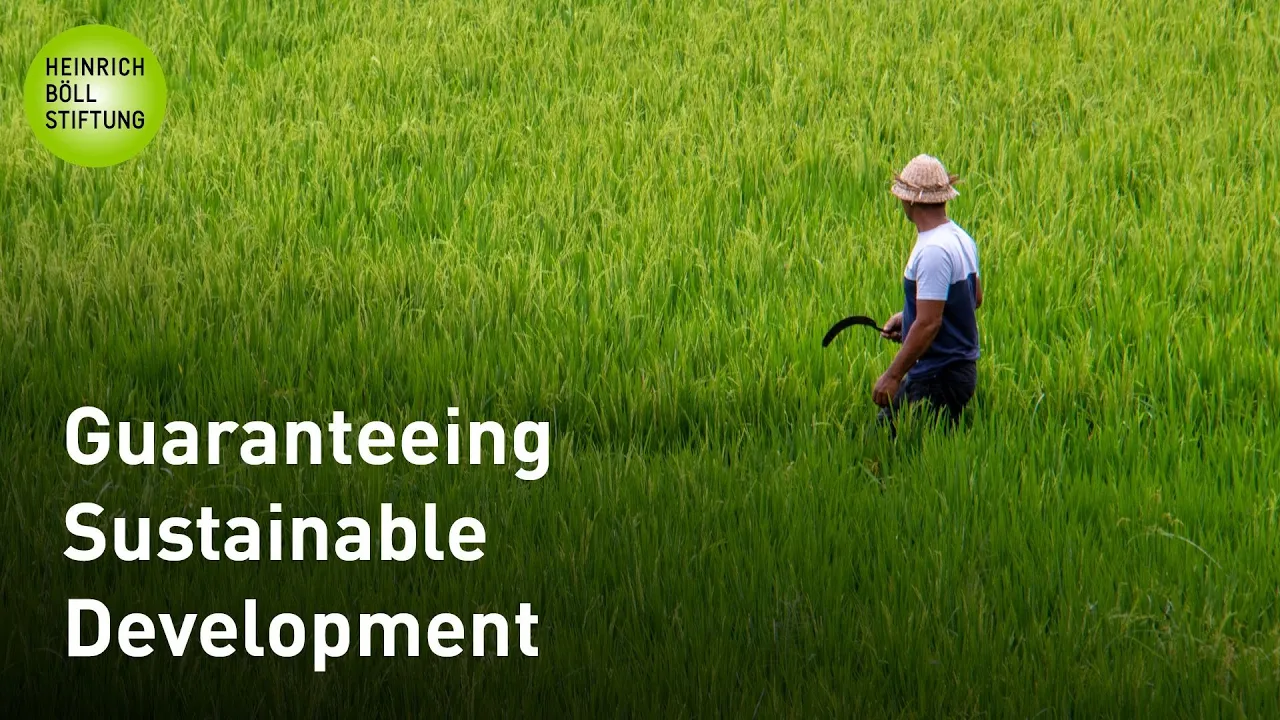 Watch on YouTube
Watch on YouTube
Guaranteeing Sustainable Development: Debt Relief for a Green and Inclusive Recovery
Recording from May 2, 2023
Video
Debt Relief for Climate Vulnerable Countries explained [2023] - Heinrich-Böll-Stiftung
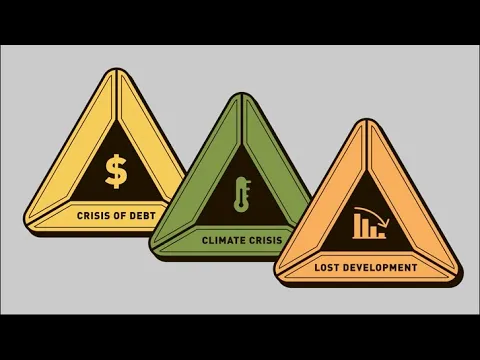 Watch on YouTube
Watch on YouTube
Main Reports
Vidoes: Presentation of Main Reports
Key Messages - Launch Debt Relief for a Green and Inclusive Recovery Report - Heinrich-Böll-Stiftung
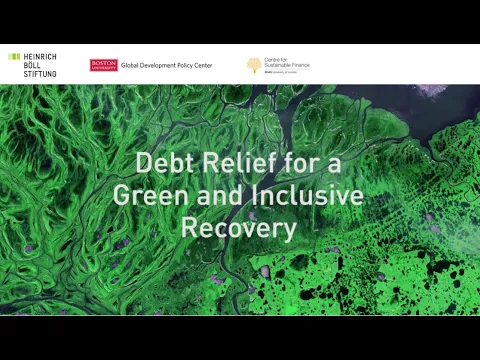 Watch on YouTube
Watch on YouTube
Recording - Launch of the Report Debt Relief for a Green and Inclusive Recovery - Heinrich-Böll-Stiftung
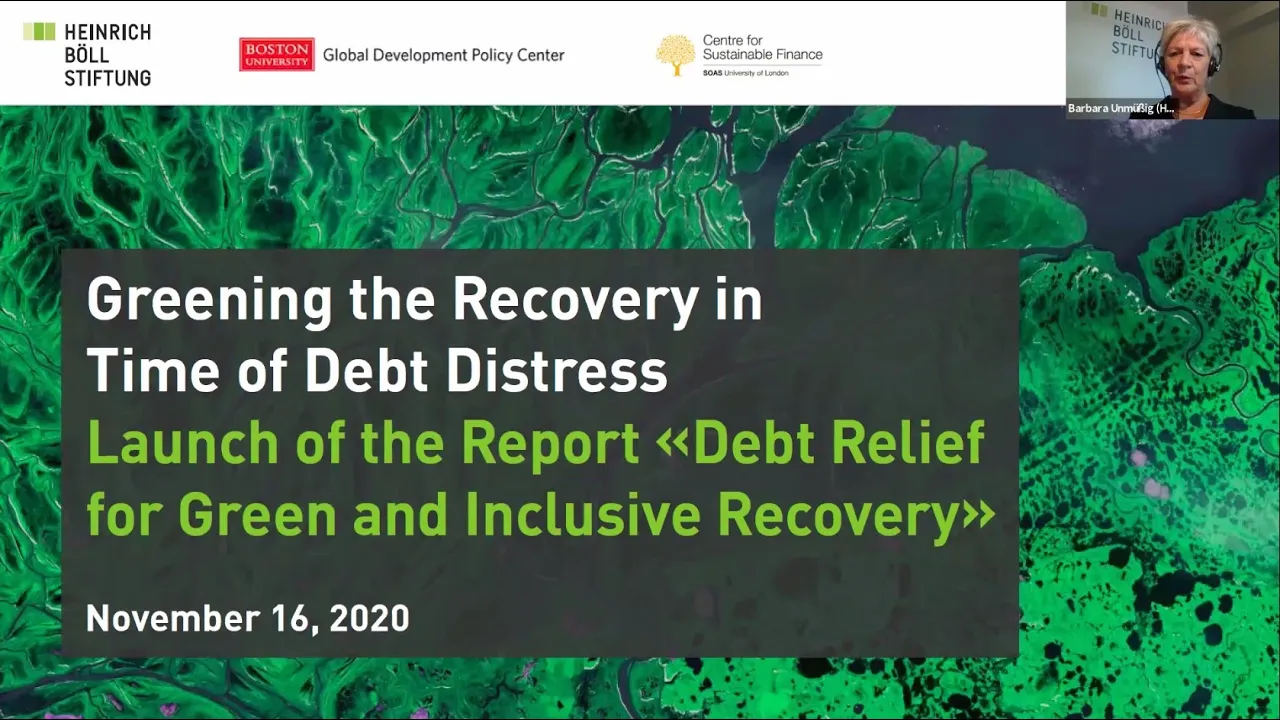 Watch on YouTube
Watch on YouTube




